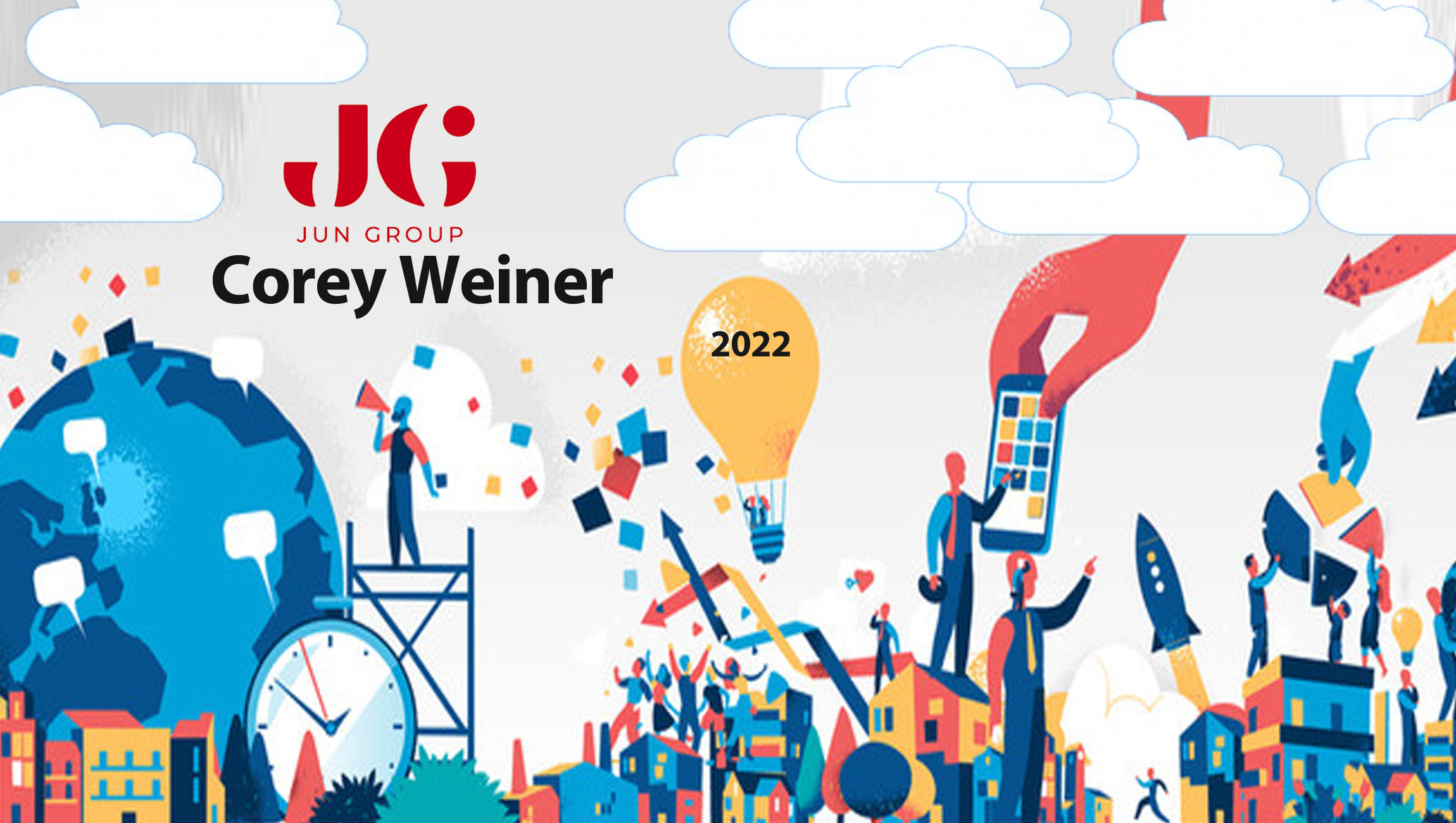2021 was a wild ride for the ad tech world. Brands still reeling from the early days of the pandemic adapted their strategies to capitalize on the massive influx of online shoppers and social media-scrollers. Meanwhile, the far-off year “2023” has gotten uncomfortably close as advertisers realize the death of third-party cookies is around the corner. 2021 was the year of vaccines and newly minted programmatic teams. Here are my predictions for the ad tech industry in 2022:
Connected TV will become more shoppable in 2022
The world of CTV advertising today is like the App Store in 2009- novel, a little clunky, and about to explode in popularity. In 2020, 80% of consumers streamed content using CTV. But getting in front of eyeballs isn’t enough – the ads need to drive conversions. 2021’s version of CTV conversions consisted of seeing an ad on Hulu, then searching the company on your phone. In 2022, companies like Google, YouTube, and Discovery will cut out the middleman by providing a URL or QR code that beams the ad to your phone or laptop without interrupting what you’re watching. Plus, with Nielsen’s measurement authority in limbo and as MMPs team up with CTV providers, CTV will become a verified space in 2022.
Marketing Technology News: MarTech Interview with Laura Taylor, CMO at Crayon
Advertisers will double down on zero-party data
First-party data buzz permeated the discourse as GDPR and CCPA cracked down on privacy violations in the late 2010s, and more recently, when the Tech Giants started walling up their gardens with the death of the third-party cookie and Apple’s IDFA. 2022 however will be the year of zero-party data, which is any data that a customer provides to a brand willingly and intentionally. Brands like Tide and Yelp are already tapping into this direct dialogue of data-sharing. The most successful brands in 2022 will make it easy and even rewarding for consumers to willingly give their data in a consent-based way. In return, consumers who participate in supplying zero-party data will get personalized ad experiences without fears of brands tracking their behavior behind-the-scenes.
Retail Media will conquer programmatic
The world of retail media has skyrocketed in the last few years, fueled by the pandemic. The US e-commerce industry grew by a massive 32.4% from 2020 to 2021 alone. Since then, retailers realized they could own their own data and leverage their massive amount of in-store and online purchase behavior to establish their own media networks. In August, Walmart Connect launched its own demand-side platform, Walmart DSP. Other retailers like Walgreens, CVS, Kroger, Lowes, and Target opted instead for their own retailer media networks, which allow their inventory to be available programmatically to other CPG advertisers. My prediction is that in 2022, programmatic will go from a nice-to-have to a need-to-have for retailers. And when Google finally axes the third-party cookie in 2022, retailers that joined the mad dash for shoring up their owned data will be thankful they did.
Influencer Marketing will go Live
Influencer marketing became more “legitimate” this past year, and vendors are recognizing this by developing tools to make influencers more accessible to brands. Meanwhile, the platforms themselves (Facebook Meta, Instagram, and TikTok) are fighting to retain their creators by building out more opportunities for influencers to monetize their work. Features like in-app shopping, livestream branded events, and affiliate links (unique links that track the number of clicks or sales) have shortened the distance between promotion and purchase, and I expect more brands to jump on the livestream/live shopping bandwagon. Brands like L’Oreal and Walmart have already begun leaning into these influencer digital events, especially in Asia, which tends to foreshadow marketing trends in the US. In 2022, I predict more brands will rely on influencer marketing as a core aspect of their ad strategies.
Marketing Technology News: MarTech Interview with Andy Stevens, Chief Data Officer at Clear Channel International



